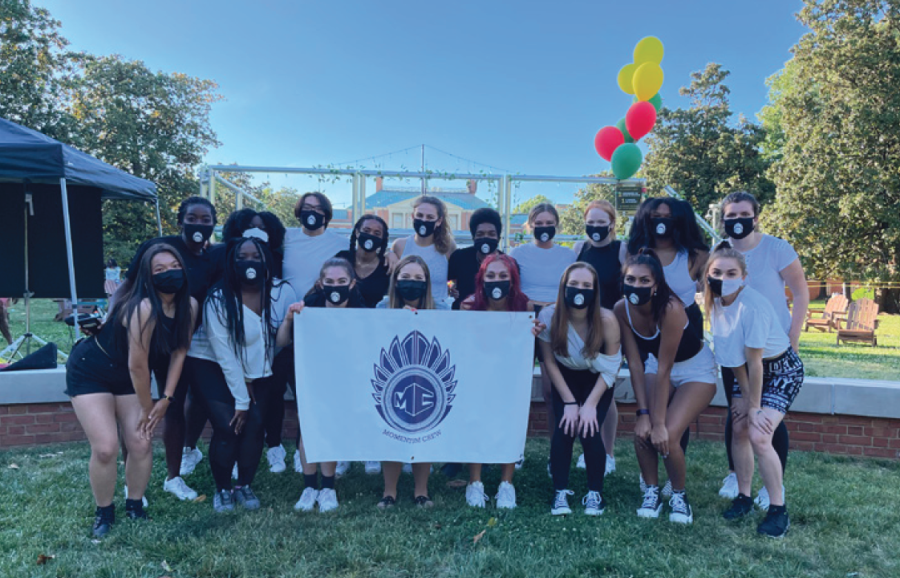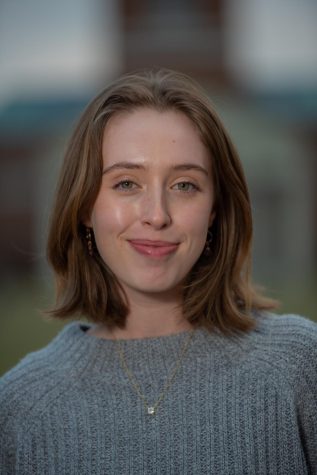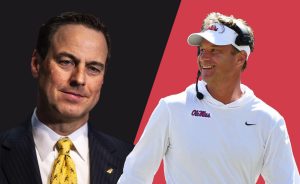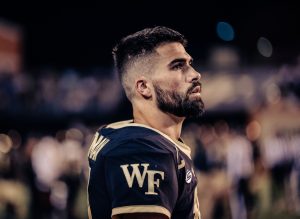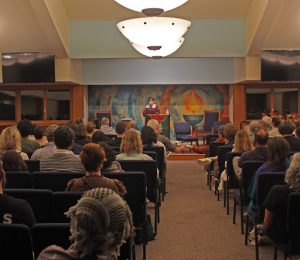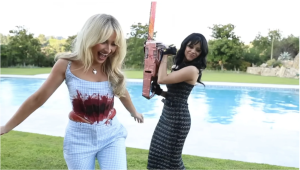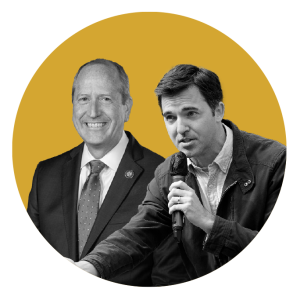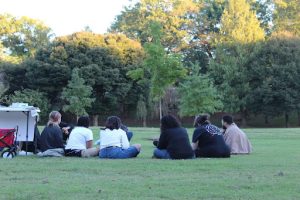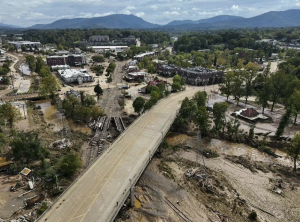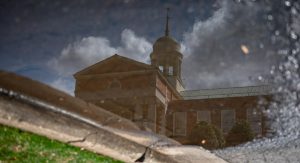Momentum Dance Club performs for inclusion
The crew welcomes students from all walks of life to perform Hip-Hop dances
March 24, 2022
Rhythmic beats, clean lines and electronic beats are staple features of hip hop, which includes artists such as J.Cole, Doja Cat and Nicki Minaj. They provide not just a satisfying beat but a mode of dance expression. Momentum Crew takes that expression into their own hands. Since 2011, Momentum focuses on growing a hip-hop and urban dance crew and performing in the Wake Forest community. From hip hop to jazz and Latin music, Momentum Crew focuses on developing a strong dance team but promotes a supportive, familial and judgment-free space.
Their performances and involvement on and off campus range from performing in various competitions and showcases such as PRSM, a North Carolina-based dance crew showcase. In addition to performing in showcases and Wake Forest events, Momentum focuses on choreographing and filming an original dance video in the fall semester, drawing from songs like Nicki Minaj’s “I’m Legit” or pop songs like “Sneaky Link.”
Zariyah Cope, a third-year Wake Forest student, heard about Momentum during her freshman year, auditioned, but thought she failed the crew after obtaining an injury during the audition. Cope who has a background in ballet, tap and jazz, first didn’t like hip hop; however, through getting accepted into Momentum, she grew a love for the dance form.
“It’s the few spaces on campus where I am able to relax and let loose … it helps challenge myself to learn something new. I’m able to be around people who push and support me as well,” Cope said.
The feeling of support is evident in their leadership. Through this diversity, everyone comes together to create a cohesive dance and a family support system. They focus on unity as a crew in their clean-cut dancing and team spirit, not excluding anyone.
“We focus on diversity, equality, the beauty of being unique. And [we also focus on] individuality, really just expressing how beautiful we all are as individuals, and how as individuals from all over the world, from all over campus, all different majors, all different minors, we’re all different,” Momentum’s president and Wake Forest Student Mariana Rocha-Goldberg, said, “We’re able to come together and then create and perform something so amazing.”
The family support system comes through in their holistic dance auditions. Auditions take place once a year in the fall semester. The auditions act as a space where applicants can ask questions and work with the members to put the piece into their body movements and demonstrate team spirit.
The auditions do not solely revolve around dance ability but look at how well auditionees can work together as a family unit, whether they are acting as team players, encouraging others or being flexible.
“You don’t have to be the perfect dancer to join Momentum, it’s less about how you dance and more about how you are as a person,” Cope said.
The once-a-year audition isn’t meant to deter applicants but is a practical aspect because rehearsals begin straight away for the fall video and upcoming competitions.
“It’s not about exclusivity, it’s about making sure that we are able to perform at peak performance and feel comfortable, because it really is a family, it is a huge part of our identities,” Rocha-Goldberg said.
Rocha-Goldberg encourages people who want to get involved to show support by attending Momentum’s performances, reaching out to members and following their social media pages.
No matter what background or dance experience you have, Momentum seeks to welcome all who apply, audition, and make the crew. They emphasize family support and diversity on campus, offering a safe space for those wanting community at Wake.
“Being one of the most diverse groups on campus, we all understand how difficult it is to be on campus in a space where you’re not used to seeing diverse spaces,” Mariana Rocha-Goldberg said. “And then when you come to our practices, we know that this is a safe space in all aspects, whether you’re female or male or of different religious backgrounds, different spiritual backgrounds, of anything we all know that we’re just here to dance, and we love each other regardless of anything.”


